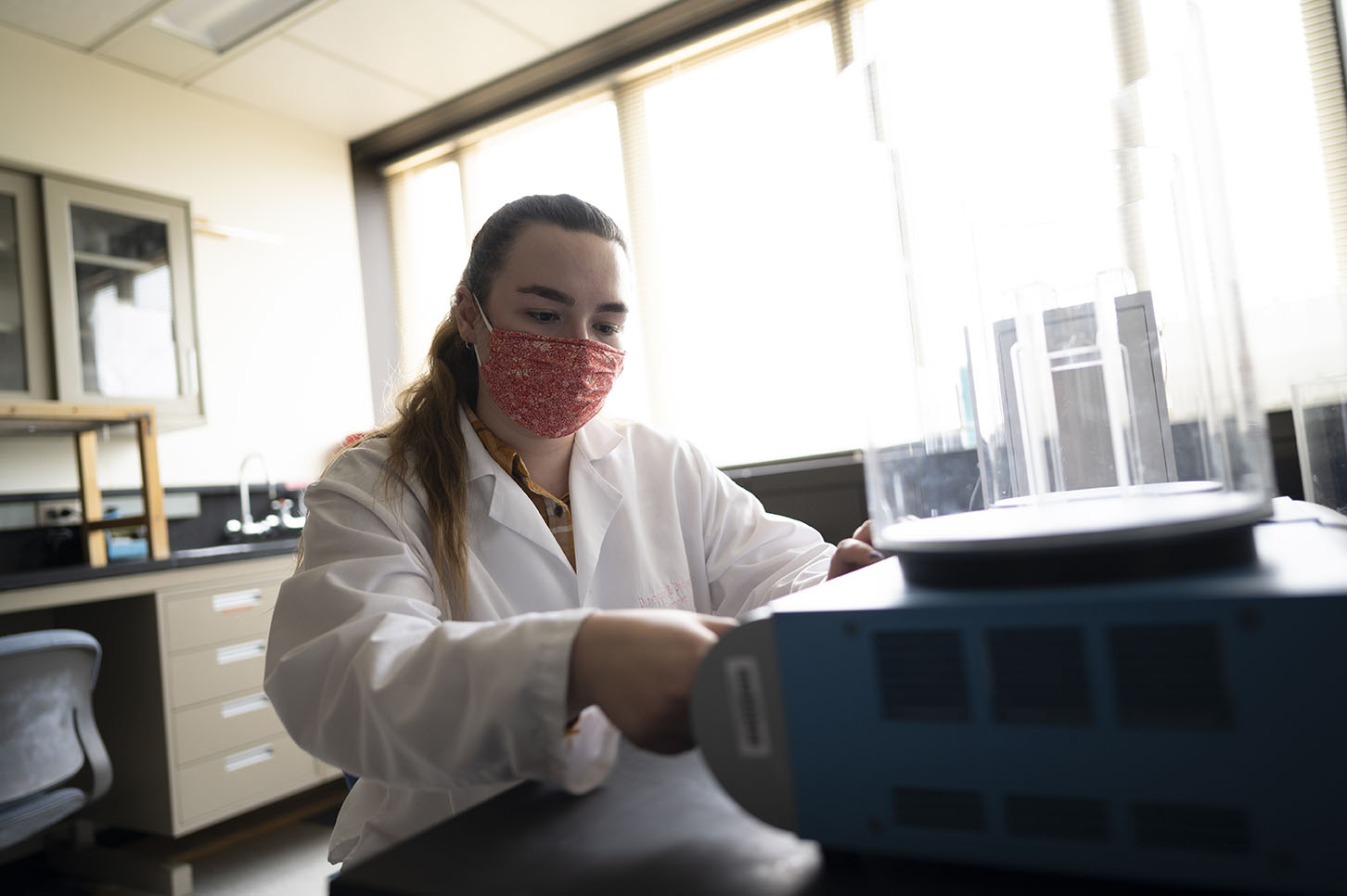Overview
Graduating with a DDS and a PhD will position you for a career in academia, industry, government research institutes and clinical practice. You will be an academic dentist, prepared to conduct research, treat patients and teach courses regularly. You will help to improve the human condition by integrating techniques from multiple disciplines to develop new knowledge and educate future care providers.
In the eight year DDS/PhD program, we strongly suggest students complete their PhD studies before beginning DDS coursework.
Program at a Glance
Joining the Program
Apply
You must apply to both the PhD and DDS applications in order to enroll in the dual degree program. Each program reviews students on its own standards, and there is no negotiation between the two programs. If you are accepted to one program and not the other, you are free to enroll in the program that accepted you. If you are accepted to both programs, you will automatically be put into our DDS/PhD program.
Program Requirements
| Subject | Description |
|---|---|
| Test scores | GRE is not required. |
| Transcripts | Unofficial transcripts required. |
| CV/Resume | Applicants must submit their resume or CV. |
| Supplemental application | No supplemental application is required. |
| Dental licensing | N/A |
| Degree | Must hold a bachelor's degree or equivalent, or a DDS/DMD degree or equivalent. |
| Additional requirements | Applicants must submit a personal statement, research essay, diversity statement and three letters of recommendation. |
| International applicants | We welcome international applicants. Please see our website for resources on studying at the University of Minnesota as an international student. International students may need to submit TOEFL or IELTS. Strong applicants will have TOEFL scores well above 90. |
Curriculum
DDS/PhD trainees are encouraged to enroll in the PhD program in Oral Biology. Other PhD programs may be possible, but not guaranteed. The PhD in Oral Biology is designed to provide students who seek academic and research careers with a broad understanding of the development, structure, function, and pathology of the orofacial region. The intent of the Oral Biology program is to train scientists for research and teaching careers. A complementary minor in another field is required (molecular biology, genetics, neuroscience, etc.).
Depending on research emphasis, some basic science courses in the DDS curriculum may be waived, allowing time in years 5-8 for completion of PhD requirements and staying abreast of new developments. Students may defend and receive the PhD degree any time after PhD requirements are completed. If the PhD is completed prior to DDS graduation, students will find a new lab to learn additional techniques.
The DDS program requires 4 years of study. In general, the first two years emphasize preclinical courses including basic science and technical dental courses, analysis of dental literature, and ethics and management of practice. The remaining years are spent in clinical courses, working directly with patients. DDS/PhD students will have some protected research time during the clinical years.
